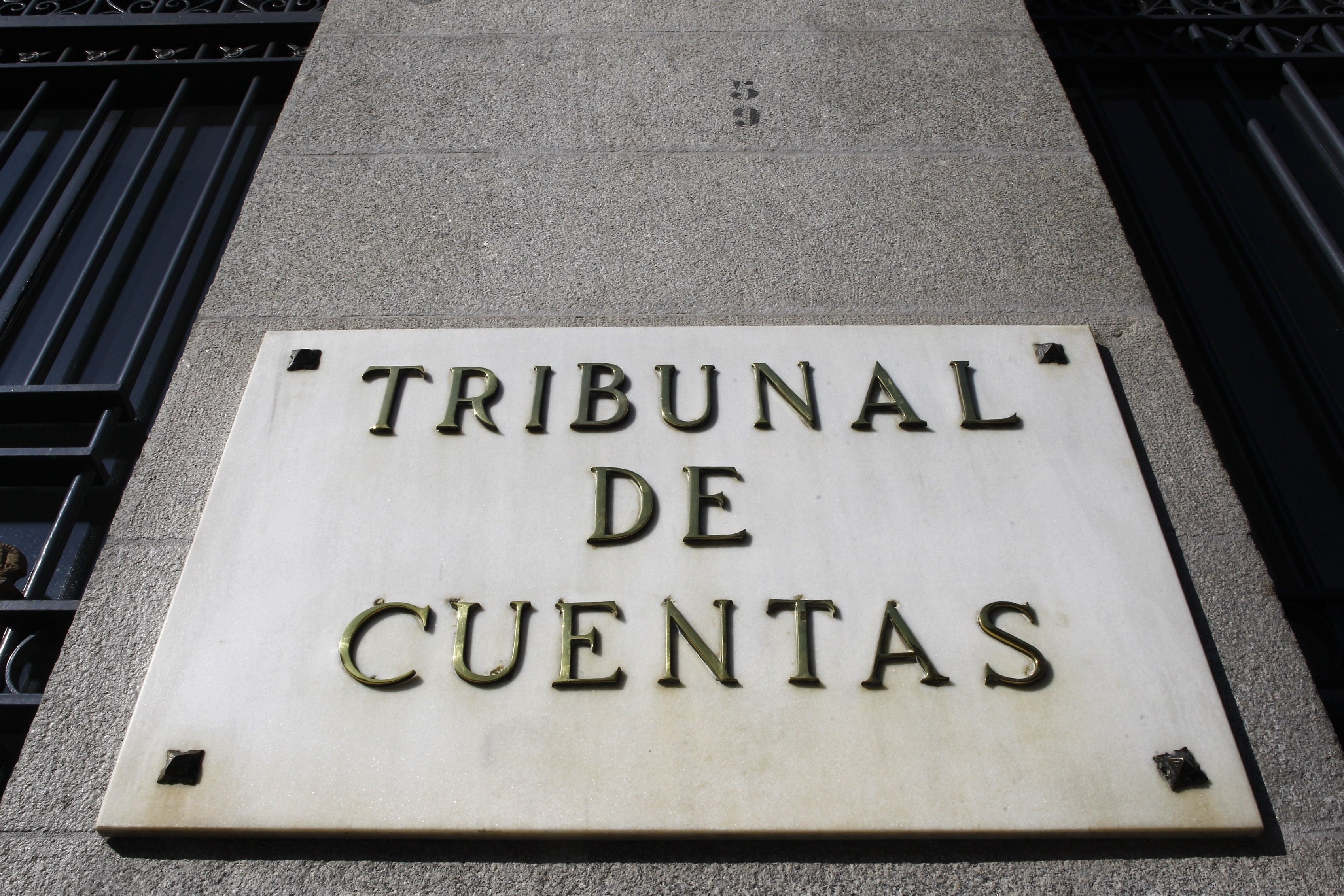The Catalan government's Directorate General for the Promotion and Defence of Human Rights (DGDH), part of the new ministry of equality and feminism, has sent two reports to the UN to alert the international organization to the situations of "defenceless with regard to human rights" which are created in two areas of the Spanish legal system: firstly, the sedition law, and secondly, the actions of the Court of Accounts.
In a press statement, the DGDH explains that the reports argue for the "need to modify the crime of sedition in Spain in order to protect the right to protest," and it says that the actions taken by the Court of Accounts - not a full court of law, but the state's auditing tribunal for public accounts - have an impact on freedom of expression, political participation and the guarantee of the principle of effective judicial protection.
Both reports have been submitted to the Special Rapporteur on the Right to Freedom of Peaceful Assembly and the Association of the Office of the High Commissioner for Human Rights, Clément Nyaletsossi Voule, with a view to contributing to the report he is to present to the Human Rights Council addressing the protection of peaceful protests during crisis situations.
"Generate defencelessness"
The report on the Spanish state's auditing body, entitled "The actions of the Court of Accounts and the rights to political participation, fair trial and freedom of expression", asserts that the proceedings of the Court of Accounts do not offer the necessary guarantees and "generate defencelessness".
The document, drawn up by the human rights directorate, says that the auditing institution oversteps its role and it is affected by "politicized biases in the process of electing its members and in its jurisdictional function, detached from ordinary justice".
On 29th June this year, the Court of Accounts ordered 40 former and present Catalan government officials and public servants to pay a total of 5.4 million euros, a sum equivalent to the public funds which the body alleges they spent on foreign promotion of the Catalan independence process; however, no court of law has proven the illegal spending of these amounts.
Endangers fundamental rights
The second report, "The crime of sedition and the right to protest" (attached in English below), prepared by the law firm Red Jurídica, argues that the current conception of sedition in Spain's Penal Code opens the door to the penalization of fundamental rights and, after comparing legal regulations in 17 countries, concludes that "the Spanish case has no counterparts in the European context and follows criteria of criminalization or punishment that are outdated with respect to European standards."
It also says that the Spanish Supreme Court's interpretation of the crime of sedition is "neither clear, nor precise, nor predictable", it violates the principles of legality and causes legal uncertainty. As well, it allows mass non-violent civil disobedience to be situated within the definition of this crime, without the renunciation of violence of such acts implying any difference in the legal treatment, according to the council.
In October 2019, nine pro-independence Catalan leaders were sentenced to jail terms of between 9 and 13 years for a primary offence of sedition (in some cases with a second offence of misuse of public funds), relating to the holding of the Catalan independence referendum on 1st October, 2017, and related protests. The partial pardons they received this June do not affect either their conviction or the law itself.

